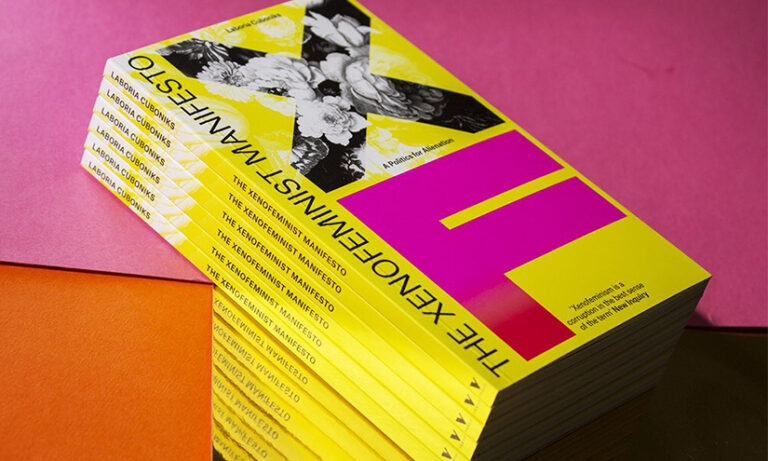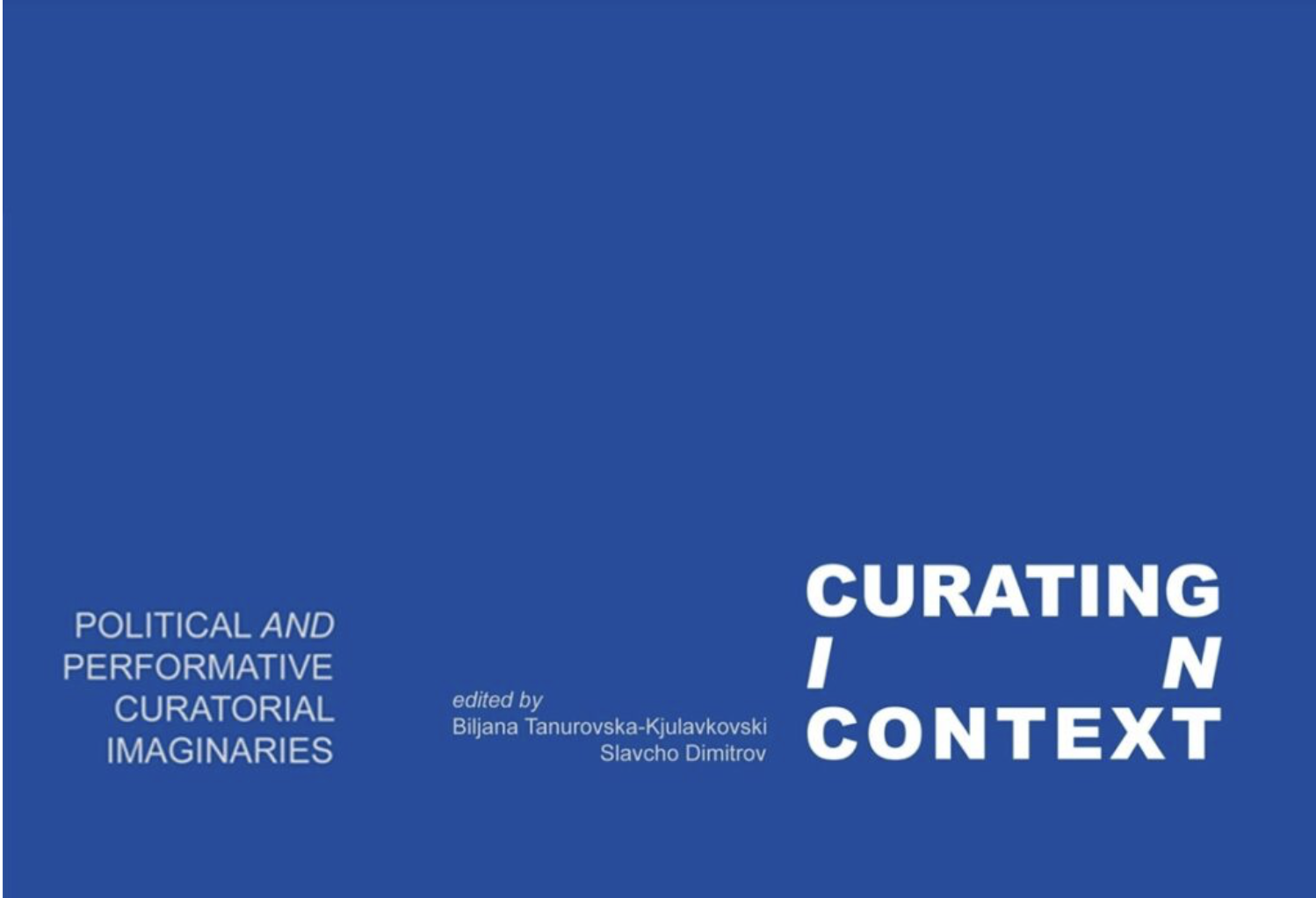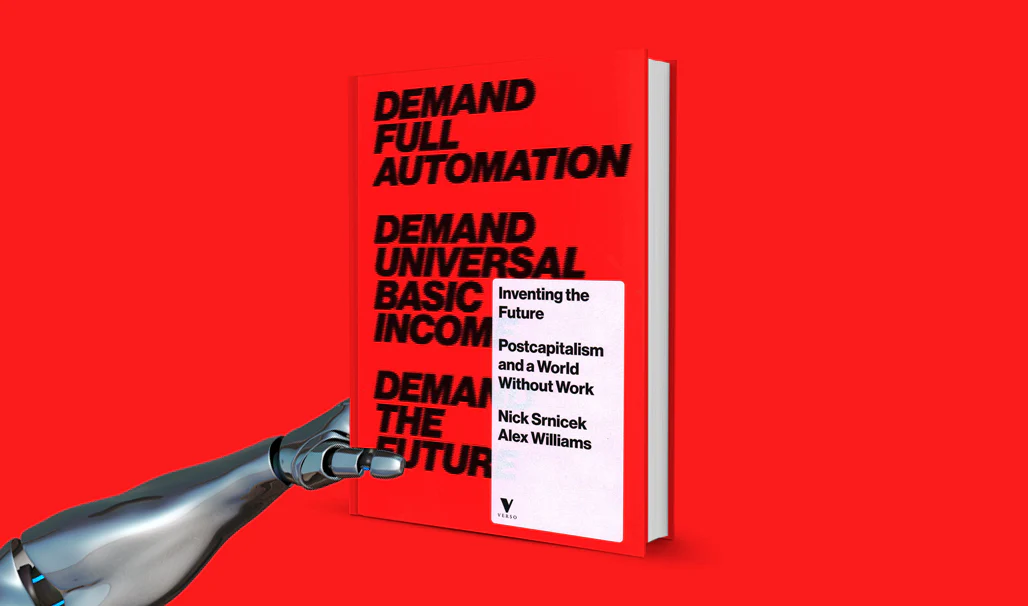We do (of course) love reading books, and we treasure the surplus of possible references that surround us. Many perspectives are not as present as the ones we have learned through our current social and cultural contexts, and we are considering this selection as a point of departure, ready to develop.
The fact that there will always exist more to learn and try to understand than we are able to comprehend as single brains on this planet, is something we think of as one of the most fascinating and beautiful traits of our communities. We want to make a rough sketch here, of some of the books, quotes and references that we are occupied with, at this moment in time and space.
CURATING IN CONTEXT: Political and performative curatorial imaginaries
Edited by Biljana Tanurovska-Kjulavkovski and Slavcho Dimitrov, 2022
In this publication the editors want to interrelate the notion of the curatorial to a problem, or a situation, to time, space, conditions and processes of work, and to observe its transformation in those relations.
They are addressing the term as such and try to reflect it as “programming – dramaturgy – producing – organizing – presenting – exhibiting – reflecting or in its broadest sense, as a process of thinking and doing, and taking care of the context in which artwork is developed and appears.”
“In order to start working as a collective body, as a team of co-curators, there must be a certain common vision that drives the collective toward their mutual aim. In addition, if such relations are to last it is essential to base the relations on trust, respect and the members’ dignities. Only in such conditions, could one un-selfishly share all their four bodies (mental, emotional, physical and spiritual) and dare risking and even failing while thinking, feeling and moving along with others. In such conditions, members do not only pass their knowledge, tools, contacts etc. to the others, but rather meet and confront the coexisting differences; and through collective processes enrich their knowledge, their views, visions and positions, or ideally transform these knowledge, views, visions and positions into something new.
The transformative ideal is what actually belongs to the co-curatorial team as the third body, and can be seen as an entity that encompasses every member of the group. If this really happens due to its mutual presence the collective responsibility becomes unquestionable. It cannot be shifted or displaced on the shoulders of others. (Jasmina Založnik, page 84)
INVENTING THE FUTURE – Postcapitalism and a World Without Work
by Nick Srineck and Alex Williams, 2016
“Without the belief in a different future, radical political thinking will be excluded from the beginning. Indeed, utopian ideas have been central to every major moment of liberation – from early liberalism to socialisms of all stripes, to feminism and anti-colonial nationalism. Cosmism, afro-futurism, dreams of immortality, and space exploration – all of these signal a universal impulse towards utopian thinking.
Even the neoliberal revolution cultivated the desire for an alternative liberal utopia in the face of a dominant Keynesian consensus. But any competing left utopias have gone sorely under-resourced since the collapse of the Soviet Union. We therefore argue that the left must release the utopian impulse from its neoliberal shackles in order to expand the space of the possible, mobilise a critical perspective on the present moment and cultivate new desires.” (P 138)

THE XENOFEMINIST MANIFESTO

“(…) to truly enable the liberation of futures in the plural, the current global order premised on waged labour and capitalist accumulation must be transcended first. A left modernity will, in other words, require building a post capitalist and post-work platform upon which multiple ways of living could emerge and flourish.” (P.83)

